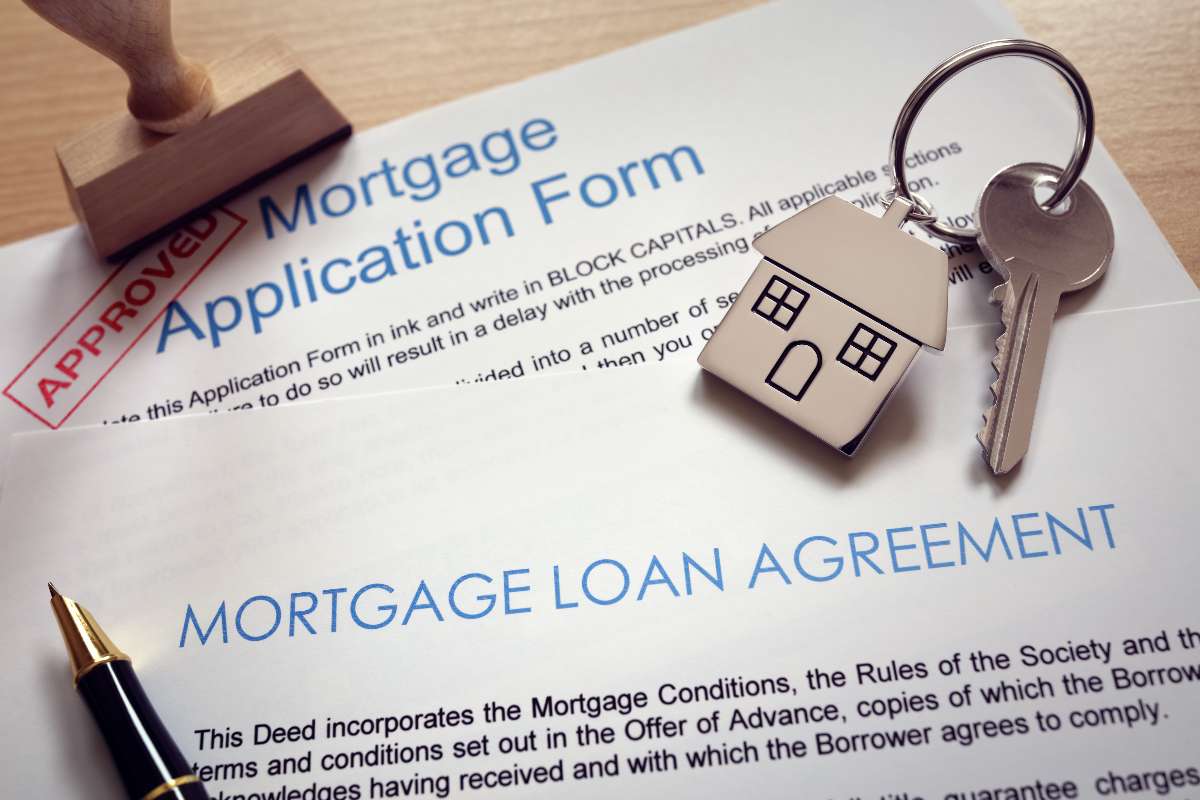
For many of us, owning a home is a lifelong dream. However, obtaining a mortgage loan is impossible for those with a low income or no credit history. Fortunately, there are steps you can take to qualify for a mortgage loan, even with limited financial resources. This blog will discuss strategies and tips to help you secure a mortgage loan, regardless of your income or credit history.
While having a low credit score can make qualifying for a mortgage loan more challenging, it's not impossible. One of the first steps you can take is to improve your credit score. You can do this by paying off any outstanding debts and paying all your bills on time. Consider opening a secured credit card or getting a co-signer on loan to help establish credit.
Another way to increase your chances of qualifying for a mortgage loan is to save for a down payment. A larger down payment can assist you in securing a lower interest rate and reducing mortgage payments. While saving for a down payment may seem complicated, there are programs available that can assist low-income individuals or those with little savings.
Consider alternative lenders if traditional banks or credit unions are unwilling to lend to you. Various lenders specialize in providing mortgages to those with limited incomes or credit history. These lenders may have different qualification requirements, such as a higher down payment or interest rate. Still, they can be a viable option for those struggling to obtain a loan through traditional channels.
Another option for those with low incomes or no credit history is to apply for a government-backed loan, such as an FHA loan or VA loan. The federal government insures these loans, making them easier to qualify for than traditional loans. However, they may have different qualifications and require a higher down payment or mortgage insurance.
If you have a trusted friend or family member with a good credit history, consider asking them to co-sign your mortgage loan. This can increase your chances of approval and help you secure a lower interest rate. However, it's crucial to remember that your co-signer will be responsible for repaying the loan if you cannot make your payments.
If you have a limited credit history, consider providing alternative credit information to lenders. This could include rental payment history, utility bills, or cell phone bills. Demonstrating a history of responsible payments can show lenders that you are a reliable borrower, even if you don't have a traditional credit history.
If you're struggling to qualify for a mortgage loan, consider seeking assistance from a housing counselor. These professionals can guide the home-buying process, help you understand your options, and support securing a loan. Housing counselors are available through a variety of nonprofit organizations and government agencies.
Don't give up hope if you don't qualify for a mortgage loan. You can improve your financial situation and increase your chances of getting approved. This may include paying off debt, saving up for a larger down payment, or building your credit history by using a credit card responsibly and making timely payments. Remember, patience and persistence can pay off when achieving your homeownership goals.
In conclusion, while obtaining a mortgage loan with a low income or no credit history can be challenging, it's not impossible. You may boost your chances of approval by improving your credit score, saving for a down payment, and looking into alternative lenders. Additionally, seeking assistance from a housing counselor or exploring government-backed loan options can provide additional support and guidance. Finally, you can achieve your dream of owning a home with determination and perseverance.